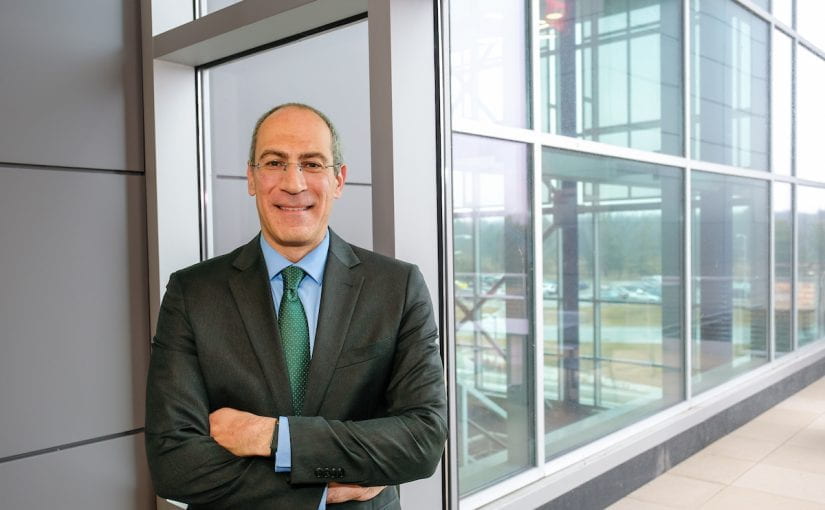Chancellor's News and Notes
-

Minute with Mike
By
|
As the Chancellor mentioned in a previous ‘Minute,’ supporting student success is part of everyone’s job at the university. Listen to what UW-Green Bay faculty and staff have to say about supporting student success below! https://www.youtube.com/playlist?list=PLsIFvWfcJ9wQYwBNmJMmPjzhplJHR1TjX
-
Inclusivity and Student Affairs
By
|
Dear UW-Green Bay Faculty and Staff, Due to the advances we have made in Inclusivity and Student Affairs, we need to restructure this area in order to continue our progress after Dr. King’s departure. The following adjustments will be made: We will begin a search for a new Vice Chancellor of Inclusivity and Community Engagement that will…
-

Collaboration makes us stronger
By
|
In a sunny and cold Minute with Mike, Chancellor talks about how collaboration and competition make us stronger. Continue to look for ways to collaborate, both inside and outside of the university!
-

Student recruitment AND retention is for all of us
By
|
Just inside UW-Green Bay’s GBOSS offices, Mike shares a reminder and a thank you for everyone who has a connection to this university; student recruitment and retention is something we should be a part of. Every day! This is what makes UW-Green Bay so incredibly special! Here’s this week’s Minute with Mike…
-
Dr. Corey King
By
|
Dear UW-Green Bay Faculty and Staff, It is with immense pride that I share the news that Dr. Corey King will be the next Chancellor at the University of Wisconsin-Whitewater. Dr. King has made a tremendous impact during his tenure at UW-Green Bay. Under his leadership, we have quickly become the third most diverse university in…
-

Partnering for student success
By
|
In the first ‘Minute with Mike’ of the new year, Mike shares the exciting new partnerships happening with regional technical colleges. This is part of the future of higher education – providing flexibility and options for students to RISE!
-

Mission Alignment and Economic Sustainability Project
By
|
Dear UW-Green Bay Faculty and Staff, To meet the pace of change within higher education and from forces external to us, we embark on a Mission Alignment and Economic Sustainability Project to consider how we would build UW-Green Bay if we were opening a new university today with our current mission. The questions below have been…
-

The last ‘Minute’ of the semester
By
|
Take time to listen to the heartfelt message in this week’s ‘Minute with Mike.’ Enjoy the holiday break!
-

Go Phoenix!
By
|
“Live” from the Kress Center, this week’s ‘Minute with Mike‘ speaks to collaboration, finals week and the excitement of a close game. Enjoy, and Go Phoenix!
-

The Teaching Press’ latest book
By
|
From The Teaching Press in the Brown County STEM and Innovation Building, Chancellor Mike Alexander shares information about the next book to be published by The Teaching Press and shares a suggestion for your holiday reading list.

